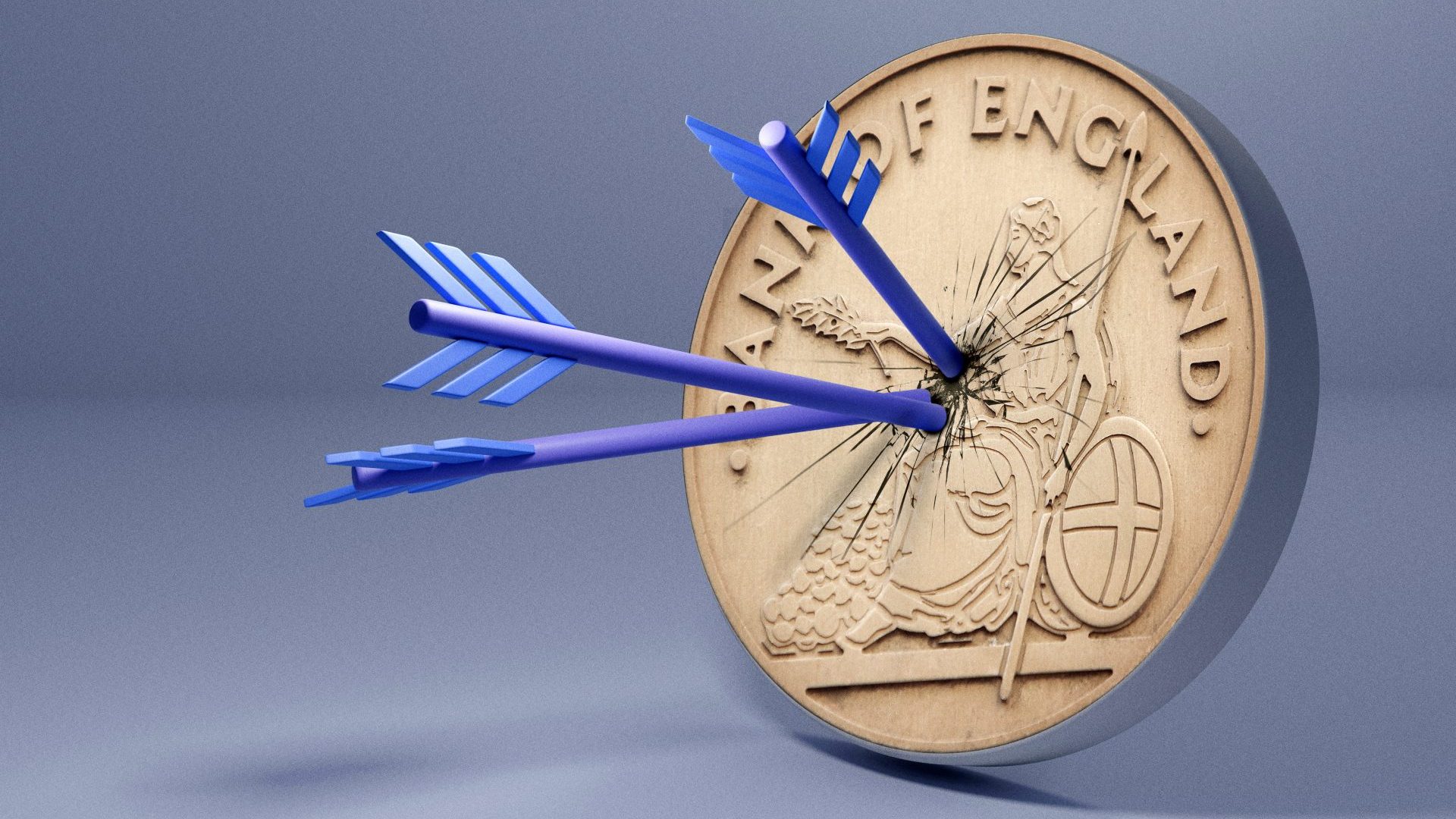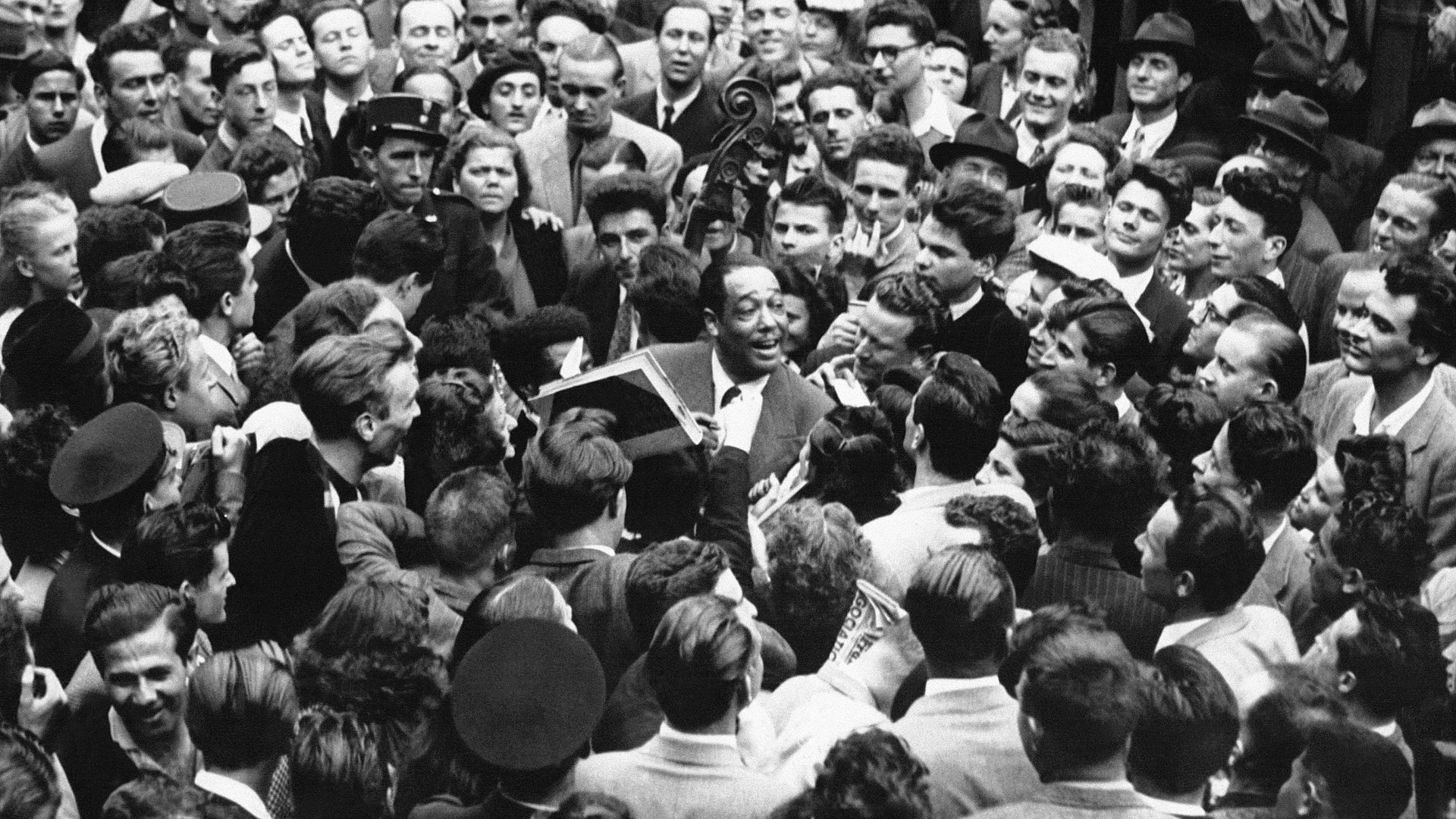The Bank of England is in the gun sights of the Tory right. They’ve been after the bank for some time now. Back in the summer, Jacob Rees-Mogg, the Tory MP, confidently pronounced that the bank had “failed” in its mission to tame inflation (Mogg’s economic and financial pronouncements must be caveated with the fact that his hedge fund recently went bust). John Baron has also been critical of the bank, for being “behind the curve when it comes to interest rates”, and calling it, somewhat ominously, “out of date”.
But why all the criticism? Quite simply, because the bank is doing its job. It is bringing down inflation by increasing interest rates.
The right has had it in for the bank ever since the economic crisis of 2008. In the wake of that disaster, central banks around the world rushed to pump capital into their economies, using the technique of quantitative easing, which is often referred to as “printing money”. But the right hated it. It may have saved the banking system, but QE felt to them far too much like the project of a socialist-style command economy.
And now the bank is facing yet more political flak. It has raised interest rates to cool inflation. But higher interest rates tend to choke off economic activity, meaning there will be very little growth for at least another 12 months. This makes the Tory government unpopular – and there is an election in the offing. As a recent Telegraph headline put it: “The Bank of England is about to put the final nail in the Tory coffin”.
The right wants to cut interest rates now because it would be electorally advantageous for them. Of course, they will not admit that, and insist that there is a nobler reason behind their call for lower rates.
Their convoluted argument is that the current spike in inflation has not in fact been caused by the war in Ukraine and the hike in fuel and commodity prices that resulted. No. In their rather far-fetched argument, the surge in inflation – which is being experienced round the world – was caused by the Bank of England. It kept interest rates too low for too long and printed too much money through its quantitative easing programme to keep the British economy afloat, both after the financial crisis and during Covid. If only it had listened to the Conservative right and increased interest rates earlier, then inflation would never have taken off.
The arguments put forward on the right are arrant nonsense. If the bank had increased interest rates during Covid, the consequences of that could have been disastrous. Simply, the Bank of England sees that inflation is still double its target and that pay rises are too high. The danger of that situation is that higher inflation could become hardwired into the economy. The bank will cut rates once it thinks these threats have receded or passed.
The great benefit of the Bank of England being free of any political control is that the markets will trust it not to make rash, politically motivated decisions. That trust means that interest rates can be lower than if rates were set by government. It also means that, when the time comes, interest rates can fall faster.
But that logic cuts no ice with the Tory right. In their view, if the Bank of England is keeping interest rates high it is because the bank has failed in some way, or because it is supporting Labour, or because there is something wrong with Bank of England independence.
Therefore, the threats are already being issued. If the bank costs us the election, then next time we are in power we are coming for you.
Let us hope that the markets don’t believe any of this sabre rattling, because one surefire way of keeping interest rates higher for longer is to tell investors that the days of Bank of England independence are numbered, and that the politically motivated interest rate cut is due for a comeback.
But then the Tories don’t really care about that. The attack on the Old Lady of Threadneedle Street is just part of a wider ploy to convince voters that they are poorer because of a left-leaning central bank, that political correctness cost them their jobs, that they are being betrayed by the “Blob”, or the liberal elite, that immigrants force up house prices or cause NHS queues, that judges are enemies of the people, that human rights are unpatriotic and that Brexit has been sabotaged.
All desperate lies, of course, but the government hopes that if it throws enough conspiracy theories out there, one or two of them might stick.
They don’t care about the damage they are causing. The sordid truth is that the Bank of England is just another scapegoat, something else to blame in an ever more dangerous, dirty and desperate battle to stay in power.
You can read more from Jonty on Substack at Jonty’s Jottings




